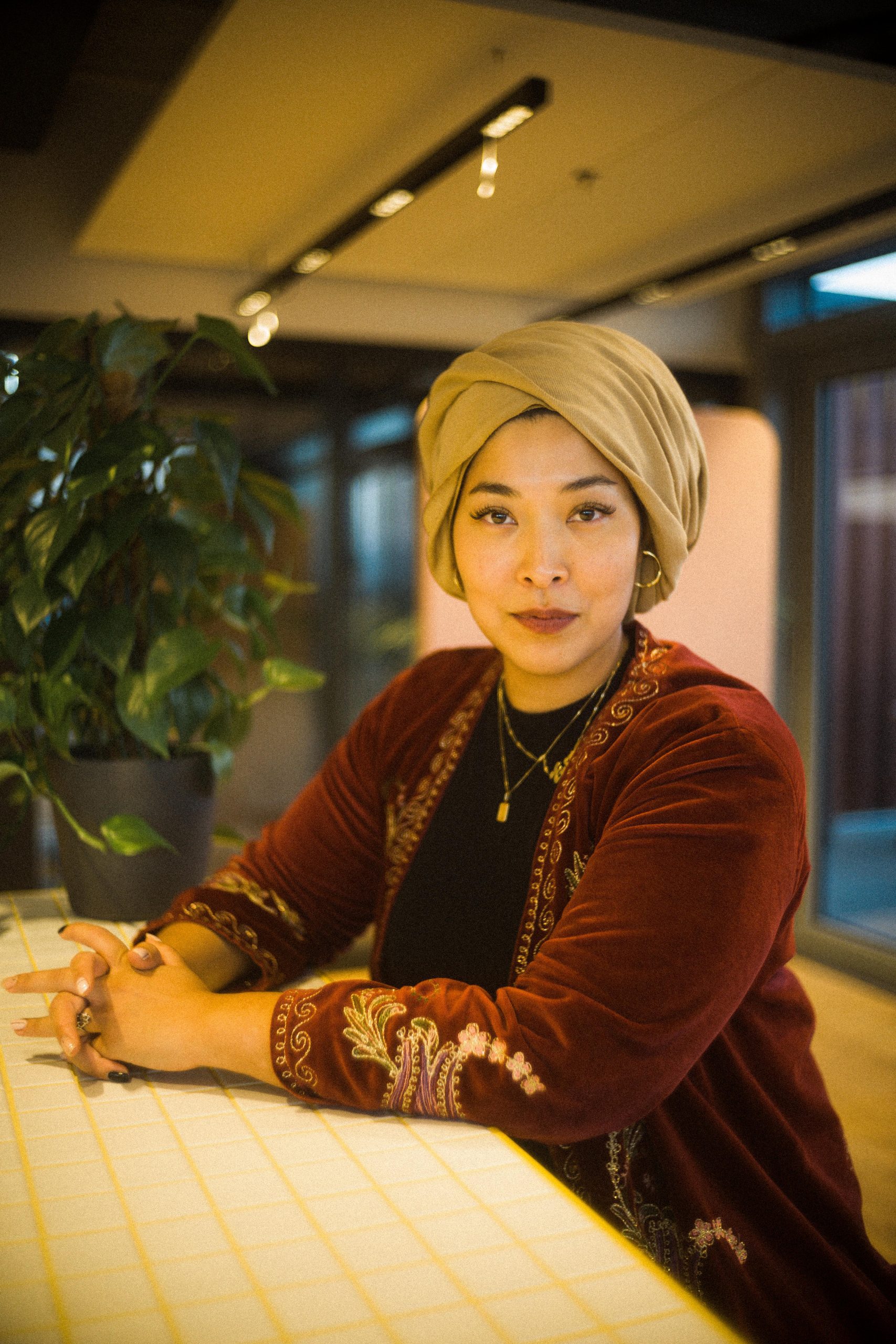Details
Article
For almost a month I have been listening to various brilliant speakers that shared their insights on the concept of restorative justice and exposed me to many new ideas and perspectives. But there were also many moments when I wondered how learning so much about the US-American context is going to be helpful for my efforts back home. Maybe it is going to take me some time to digest what I have been exposed to and realize the scope of energy this Fellowship has given me to fuel my existence and resistance in Germany.
Nevertheless there is bits and pieces of wisdom I picked up during this one month, that no textbook will be able to teach, that no money can buy.
Time and Patience: “You can’t microwave it!”
Dr. Carol Anderson, Professor of African American Studies at Emory University, rightly said: “It’s going to take deep thought, it’s going to take nurturing folks, it’s going to take being able to have hard conversations with folks that you don’t agree with. Change needs time. It means we are fighting, we a are struggling but we are moving forward.”
Being patient and steadfast is key.
I have been impatient, because I become frustrated whenever I think of the work that still needs to be done. I need to deconstruct my internalized consumerism (the urge of instant gratification and satisfaction), and understand that to this work there is no such thing as a quick fix. Being patient and steadfast is key.
Narratives and Norm-shifting
Before even talking about restoring justice, there needs to be a talk about a norm-shift of the dominant narrative that manifests what is perceived as right and wrong within a certain society. David Hooker, Professor of the Practice of Conflict Transformation and Peacebuilding at the Joan B. Kroc Institute for International Peace Studies in the Keough School of Global Affairs at the University of Notre Dame, touched on how this norm-shift is crucial in order to gain a collective understanding that there is currently communities in the “we” that we have systematically abused.
I realize that making myself visible as a TV host within German media landscape can also be understood as a contribution to a norm-shift within discussions around German identity. People of the Global Majority are continuously under- and misrepresented in contemporary German media, which in effect reinforces the idea that German identity is inherently white. The more People of the Global Majority are seen on TV screens across Germany, the easier it will get to understand that Germany is a multi-cultural country. But I also have to keep Dr. Anderson’s words in mind, which is that the process of norm-shifting will still involve violence and will not protect me from it.
Strategy and Pragmatism
“In politics there is only a few facts that matter. Don’t overwhelm people with facts. Choose a few that get to the core of a problem. Make them understand them, and then repeat, repeat and repeat!”
Shirley Franklin, former mayor of Atlanta, shared many of her political strategies and methods she would use when in office to reach her goal. One of them included being ready to have some discussions over and over again: “In politics there is only a few facts that matter. Don’t overwhelm people with facts. Choose a few that get to the core of a problem. Make them understand them, and then repeat, repeat and repeat!” She also stressed to be very intentional in our actions and our language.
While much of the John Lewis Fellowship focused on understanding what restorative justice is and what a possible solutions can be, I appreciated former mayor of Atlanta Shirley Franklin elaborating on the hands-on know-how she has accumulated during her years of experience as a professional.
I realize how I need to educate myself on Germany’s colonial history to understand contemporary German challenges, because they are the legacy of the past.
History and Decolonization
Even though I am not sure as to how learning so much about the civil rights movement in the US is going to benefit me in Germany, I do understand the importance of knowing one’s own real, unapologetic and undistorted history. I realize how I need to educate myself on Germany’s colonial history to understand contemporary German challenges, because they are the legacy of the past. Natsu Saito, Professor at Georgia State’s College of Law, emphasized how crucial it is to understand how our current reality is so much shaped by our colonial past, and that only with the decolonization of our minds, and ultimately of our system we will be able to restore justice.


